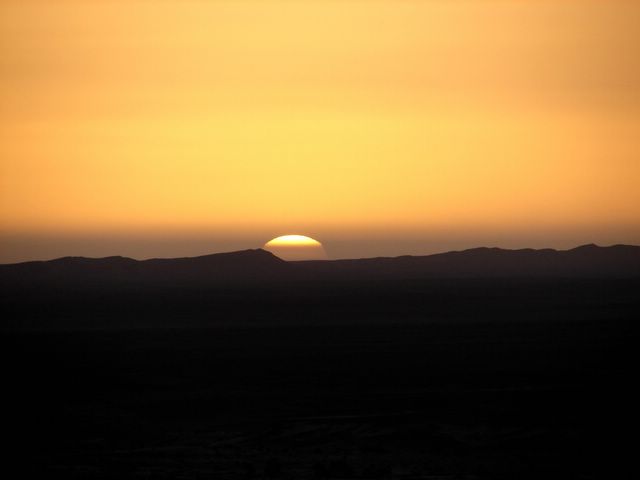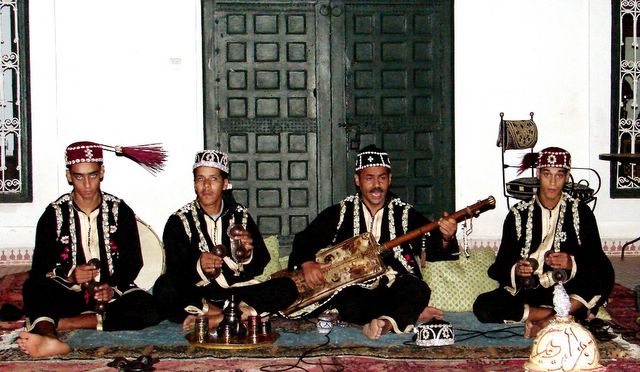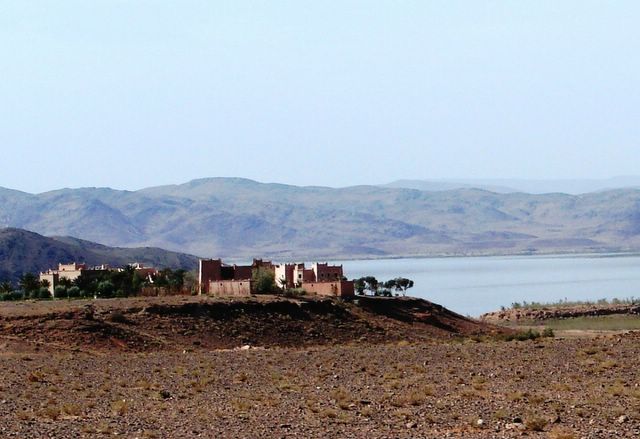The Making of A Regional War
There is no question that the seeds of a wide regional armed conflict in the Middle East have been soaking on fertile ground for centuries. But, it is to the last quarter century that I would give the grand prize for the largest blunders, as well as biggest missed opportunities, in modern Middle Eastern history.
Suffice it to say that in 1979 alone - ironically, the year of the first Arab-Israeli peace agreement - the soviets invaded Afghanistan, Saddam rose to power in Iraq and the Khomeini revolution in Iran sent the Shah packing into exile. Saudi Arabia also spearheaded the Wahabi cult assisted by the the West's rising thirst for the region's only true export: Oil.
Since then, the West's short-sighted, one-dimentional policies in the region made it the reliable friend of repression instead of the steadfast ally of the aspirations of the masses across the region - the same masses who today suffer from an enormous human development deficit (notice recent UNDP Arab Human Development reports) coupled with the lack of economic development capacity and closed, elitist, and autocratic political systems. The West has become in the eyes of a great majority of these masses complict in the ruin of their societies, hence, the nostalgic appeal of several Islamist trajectories. The Pew Global Attitudes Project also reported recently a widening gap between Middle Eastern and Western public perceptions of each other and the world.
One thing is certain, since 1979, the degradation of the Middle East, and frankly its people has widened and the seeds for a catastrophic conflict in the Middle East have been sown with consistent regularity- a recipe for a perfect storm of catastrophic proportions. To make matters worse, scattered brush fires have been introduced into that theatre and plenty of gun powder thrown in for good measure. We were able to contain much of it in the last two decades because we somehow managed to isolate the ignition points and keep the scattered fires from joining up into a massive explosion.
Today we stand upon a situation where the ignition points have indeed multiplied and some of the formerly-contained fires in the region are increasingly finding ways to merge and prosper. The Israeli-Arab issue has been set back 20 years this week with the widening of that conflict into Lebanon, Iraq is at the brink of civil war if not already there, Afghanistan is falling apart (again!), and Iran is well on its way to becoming a regional power. In addition, 75-dollar oil is empowering a collection of Middle Eastern governments to sustain the status quo and the Arab street is more dejected, angry, and unemployed than in any time I can recall. All of this while the legitimacy of international law and institutions is seriously undermined.
Countries like Iran and North Korea wonder aloud what good international law is when the United States discards it in the name of national security by invading Iraq and undermining various international treaties. Sadly, these rogue nations obtain license to cause harm by frankly using US arguments about “self-defense” and “national interest”. The world wonders aloud what democracy really means when we proclaim it to be a universal right but oppose and undermine it when it does not suit our interests.
All of these new ignition points and their combined synergies have now made the situation in the Middle East in particular and the world in general a whole lot more dangerous. This has now become so messy that perhaps only a totally new and radical approach may be required to manage it. But, what exactly? I completely and utterly do not have any words to offer on this at this time, except that...
In the meanwhile we can only watch and hope for the best because we have some fairly terrifying days ahead of us. This now, although I pain to admit it, is the start (or return) of a wider armed conflict to the Middle East.

























